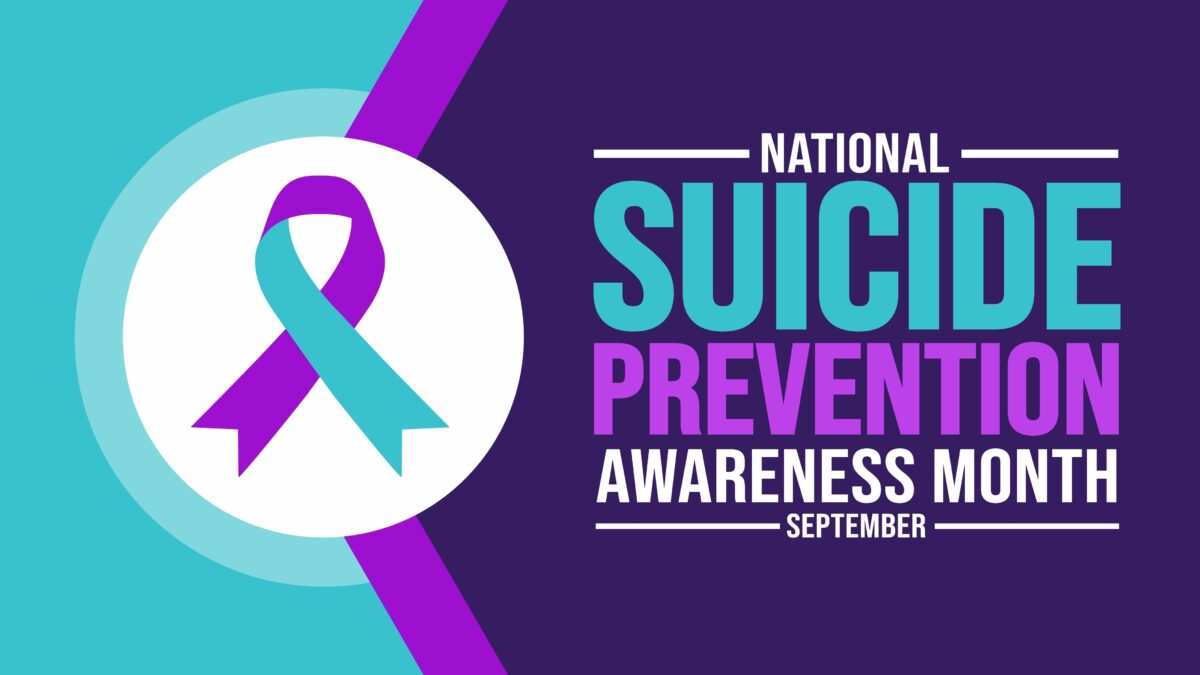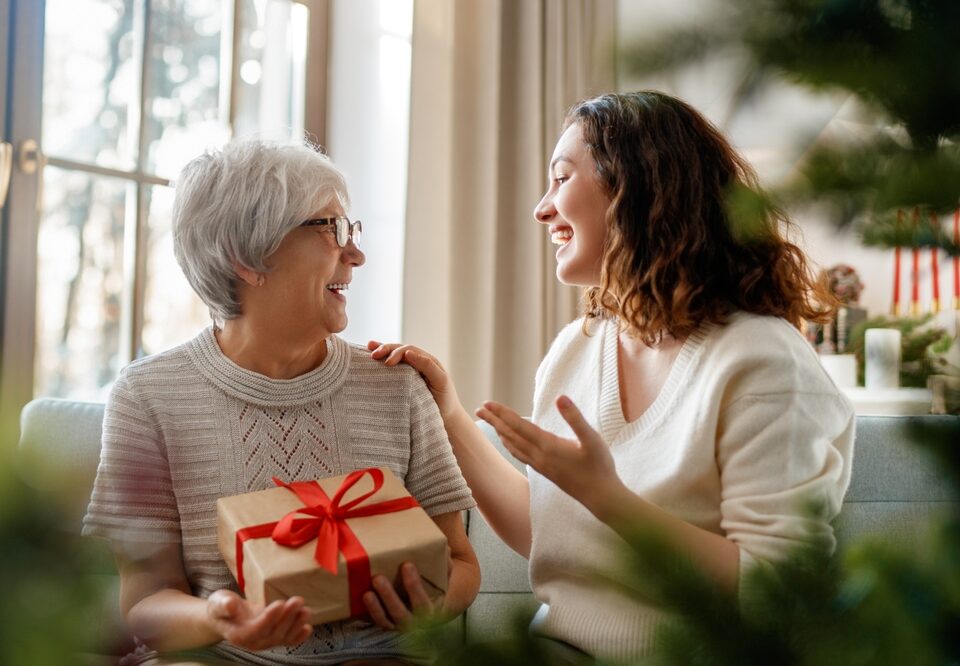
While seniors make up 12% of the population of the United States, they account for a whopping 18% of suicide deaths—and many experts think that number is under-reported. Later-life suicide is a serious issue, and National Suicide Prevention Month is a good opportunity to educate yourself about the importance of mental health for seniors and how you can spot a loved one in need.
The Senior Suicide Crisis
When many people think about suicide, they think about young teenagers struggling with mental illness or high-profile celebrities who publicly battled with their mental health. However, the highest suicide rate of any group in the United States is currently men aged 85 and older. Seniors who attempt suicide are more likely to succeed compared with other demographics for a variety of reasons, including more careful planning and more fatal methods.
Why Is Mental Health Particularly Important for Seniors?
As we age, we go through many challenging situations that can wreak havoc on our mental health and well-being. Losing close friends, social isolation, and personal health problems can all make it feel overwhelming and exhausting to just get from day to day. Cognitive impairment can also play a role, as one 2021 study found that seniors with dementia or mild cognitive impairment were at an increased risk of suicide. By maintaining optimal mental health, seniors will be better equipped to tackle tough things like chronic illness, financial stress, or decreasing self-sufficiency.
What Are Some of the Signs Your Loved One Might Need Help?
Recognizing the warning signs of suicide or suicidal ideation is critical to getting your loved ones the help that they need. Some of the signs in seniors include:
- A recent significant loss (spouse, close friend, family member, etc.)
- Stockpiling medication or purchasing a gun
- Loss of interest in hobbies or activities that they enjoyed in the past
- Stopping healthcare, including not taking medication or going off their prescribed diet
- Putting affairs in order or making changes to their will
- Not taking care of themselves with grooming or self-care
- Offhanded remarks like “This is the last time you’ll see me” or “This will be my last appointment,” even if they are said in a joking manner
It is always better to be overly concerned for nothing than to not intervene when your loved one could have benefitted from professional help.
Get the Care Your Loved One Deserves with Senior Care Lifestyles
Senior Care Lifestyles specializes in connecting seniors with the right in-home care, assisted living, or senior living community to meet their needs. We have helped hundreds of clients and treat each senior as a valued member of our own family deserving our personalized attention, compassion and respect.
For help, or questions please call us at 410-977-3718 or send a message through our website www.seniorcarelifestyles.com.



